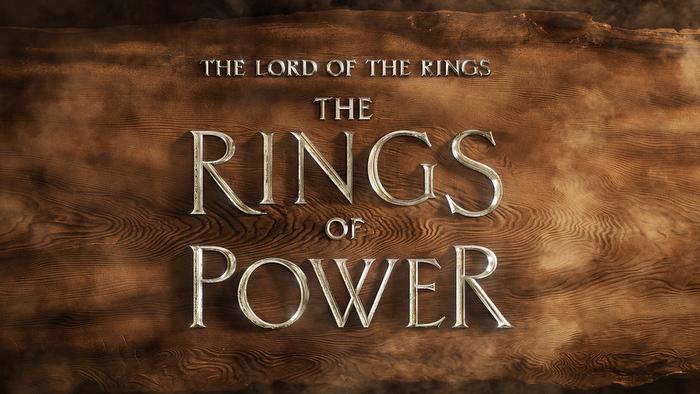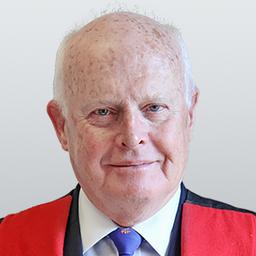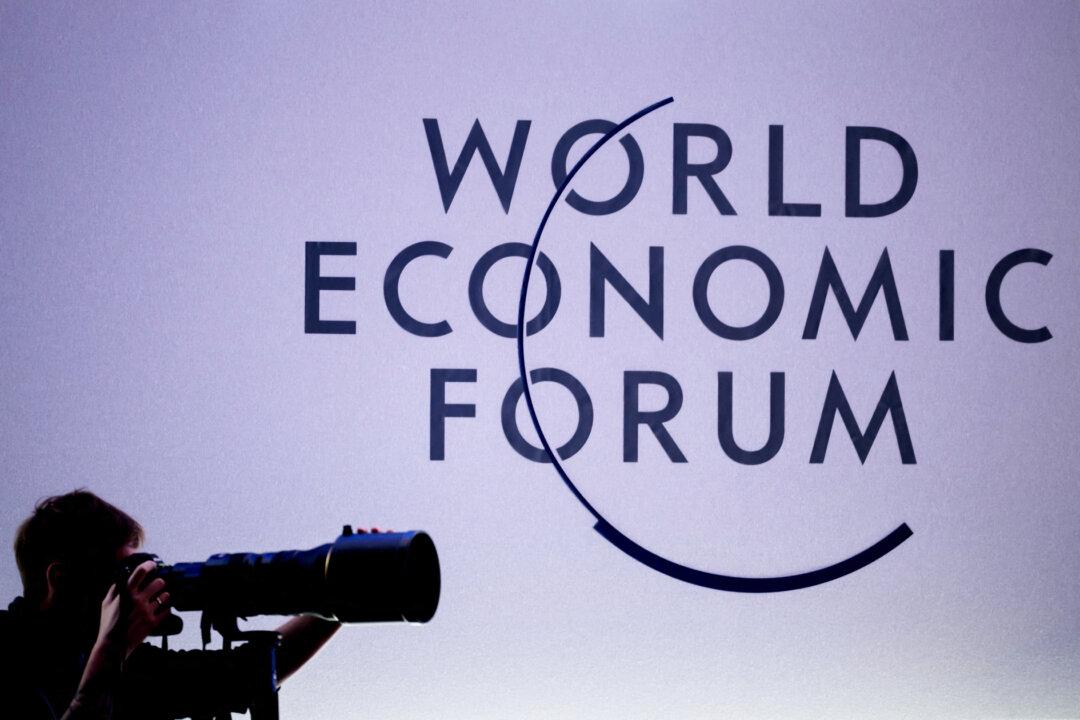Commentary
I first read J.R.R. Tolkien’s “Lord of the Rings” in the summer of 1971-2. I’m a slow reader, always preferring to savour the language (especially when it’s written by a master craftsman and poet), so I took three or four days to reach the end.





